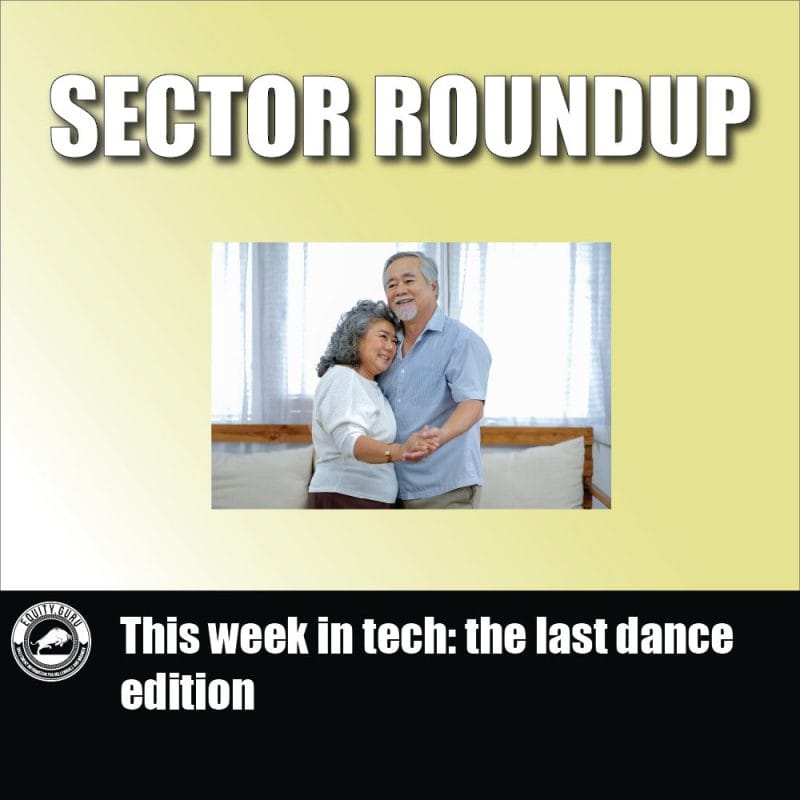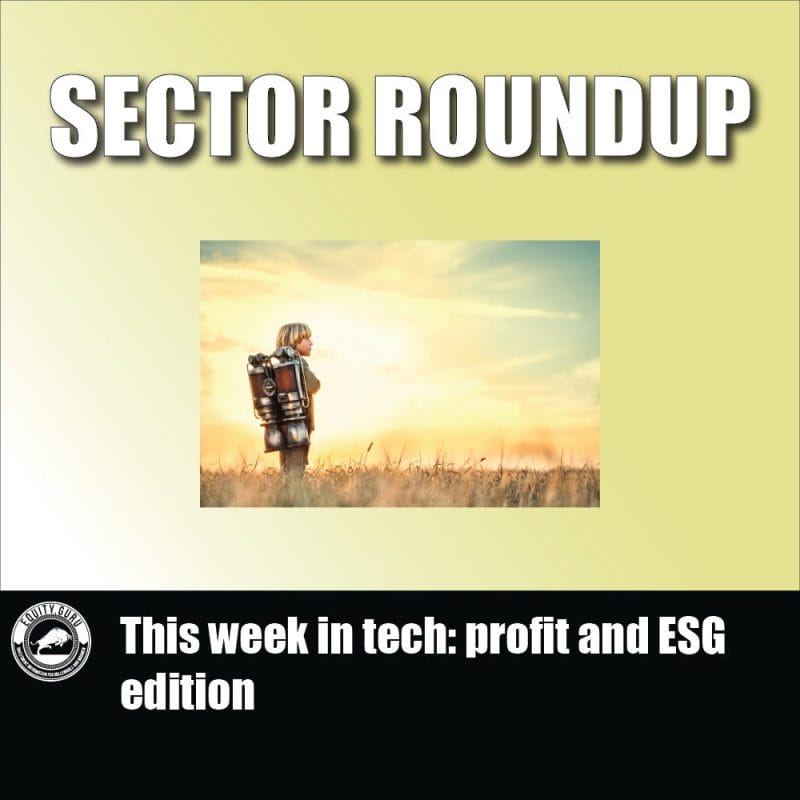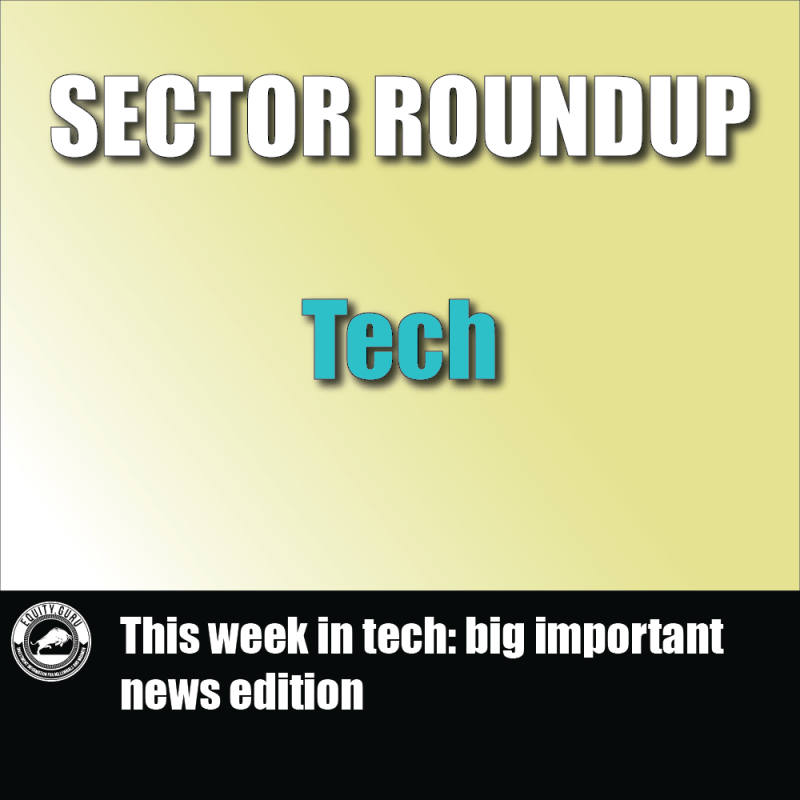The United States is doing everything it can to maintain its economic hegemony and that’s why they’ve been paying such attention to cryptocurrency and its adherents, and that’s a good thing we should support, because the alternative is vastly worse.
At first blow, it seems an oversimplified, maybe even half-baked, explanation for the recent spate of regulatory moves—from the SEC’s scrutiny of Ripple Labs and the ongoing question of whether or not XRP is a security—to the latest round between Coinbase Global (COIN.Q) and the SEC and their Coinbase Lend product (which they have since retracted). Now we have the most recent revelations from Circle CEO Jeremy Allaire that they have been the subject of SEC scrutiny over their own lending product. It’s going to be called Circle Yield, and they have already bowed to the SEC and admitted it’s a security.
“Our analysis was that this was going to be a security and that we need to offer it as a security,” said Allaire referring to Circle Yield. The high-yield product is offered as a security through the Bermuda Monetary Authority. Unlike Coinbase’s product, Circle Yield is only available to accredited investors.
If you want a hard and fast definition—hegemony is leadership or dominance of one group over another. It’s a term traditionally applied to countries, but has since expanded to include ideologies, ideas, and more. The concerns for the pursuit of hegemonic dominance are security based. The only way to adequately protect yourself in an anarchic field is to have the most guns and present the strongest deterrent. Economic hegemony usually boils down to a country with the most influence, and therefore, the ability to buy the most guns.
That is why the United States must smash cryptocurrency or force it otherwise to submit, because it is potentially the biggest threat to its hegemonic control since the U.S.S.R. You could argue that China’s emerging economic and military might pose a considerable threat, but this isn’t the first time the U.S. has had to deal with a economic and military competitor, and it won’t be the last. But cryptocurrency is something else entirely: it’s a technological system that causes money to disappear, far away from government control, with no guarantee that said wealth won’t be used against it. As the generations shift and more younger people get onboard, we could theoretically begin to see movements away from fiat (or even digital fiat).
China realized this early and engaged the totalitarian imperative of smashing it before it became a threat to their internal dominance. Or well, they’re trying at least. The United States needs to be more circumspect in how it deals with internal competitors, especially given that it’s spent the better part of the past fifty years wrapping itself in the neoliberal red tape of the pursuit of unlimited profits. It needs to couch its self-interest in the paternalistic rhetoric of protecting its citizens.
Ironically, it’s not entirely a lie on multiple different levels, given that the unregulated cryptospace is absolutely rife with bad actors, and the challenge to the United States economic hegemony represents a significant potential challenge to the quality of life of the average American (and by extension, everyone in the western world) as per the present system.
“I think it would be great if there was a clear set of rules in the banking system in the United States around crypto asset lending that doesn’t really exist yet… we see this as a really important product area with a lot of growth,” said Allaire.
Two months ago, Circle paid $10.4 million to the SEC as a settlement for Poloniex, their now shuttered cryptocurrency exchange. Having used Poloniex in the past, it came as a bit of a surprise that it was owned by Circle, but not that it was shut down. It wasn’t exactly the cleanest of all crypto-exchanges, even if the coin pairings were decent. Now Circle is planning a public listing under the ticker CRCL.
That’s probably a step in the right direction.
The problem with decentralization
Crypto borrows a large part of its ethos from asymmetrical warfare. You can’t capture, hit or defeat, what you can’t find. Essentially, cryptocurrency was meant to be an alternative to central banks and elite control. It was to be a democratically owned and operated, self-contained and self-sufficient economic ecosystem, complete with its own checks and balances—virtually impervious to government control due to its distributed, decentralized network. You can’t defeat what you can’t find.
There have been some challenges to that. Companies like Hut 8 Mining (HUT.T) and Marathon Digital Holdings (MARA.Q) have head offices complete with CEO’s and 9-5 business operations. If the governments of Canada and the United States respectively wanted to clamp down on Bitcoin production, they could. But they couldn’t eliminate it entirely. Capturing one node still leaves other nodes to do the work.
It was a noble experiment wherein there was a possibility of building a like-minded community of well-meaning homo economicus where free exchange could thrive without the mistakes of central banks and overzealous legislators, slashing regulations to line their pockets. But soon those good people either converted into criminals, or were pushed out in favour of criminals, and now the wild west needs a sheriff.
Stablecoins are the opposite.
USDC is Circle’s stablecoin. XRP, despite being a decentralized network, is controlled by the Bay Area company Ripple Labs. USDT is the stablecoin offering of Tether, and while they’re as dirty as they come, they have offices and servers that can be found and (should be) shut down. Companies are getting onboard with self-regulation long before the government has to get onboard.
If pressed, each of these companies could give up the locations of their servers. They are subject to government will, no matter how flawed or broken said government may be. Decentralized currencies like Bitcoin, and other decentralized platforms couched within the decentralized finance ecosystem can and do move outside of government control with impunity. And that isn’t always a good thing.
It’s hard to tell where the line between government protecting itself and its interests ends and government overreach begins.
Here’s a prediction: we’re going to see any number of big-name scams come out of the DeFi space in the next few years, simply because there’s no referee watching for foul play.
—Joseph Morton







